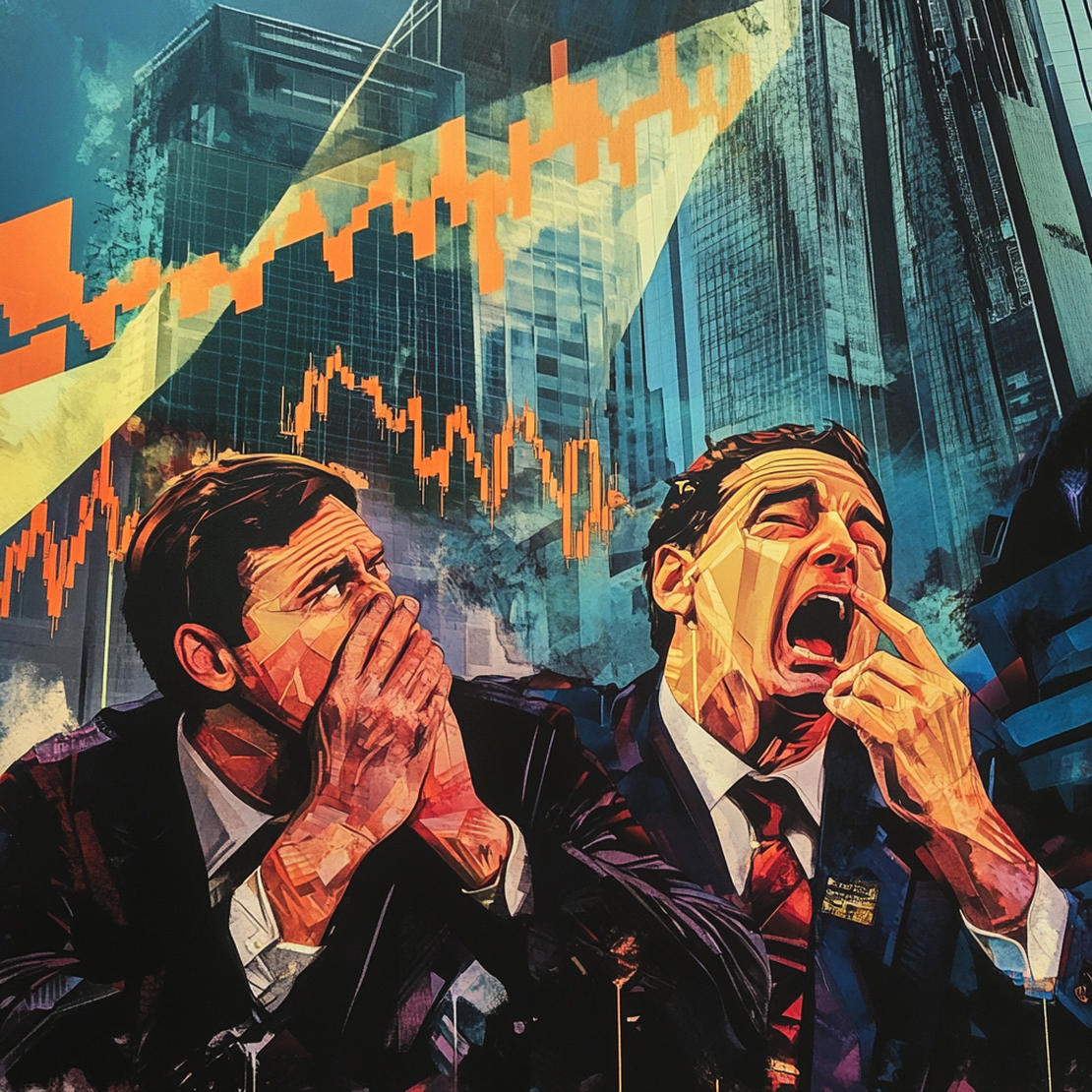
The content moderation paradox: How AI-powered filters will transform digital media consumption
- pk
- Software , Art , Life
- September 1, 2025
Table of Contents
LLMs are revolutionizing content filtering with personalized moderation capabilities. This technological shift presents both unprecedented opportunities and complex ethical challenges for how we consume digital media.
We’re already living in a filtered world. Major publishers routinely scrub controversial language from classic literature like Huckleberry Finn, while services like VidAngel enable viewers with certain moral preferences (such as those in Saudi Arabia or Utah) to watch mainstream movies with objectionable content removed in real-time.
Personal content preferences vary wildly. I can’t tolerate violence involving children or when babies die in media — it creates genuine physical discomfort and i have nightmares for days after. So I really want to avoid this! Yet when Nassim Taleb casually uses terms like “sissy” in Antifragile, it doesn’t even register for me - though the same language sends others into frustration.
This illustrates our fundamental challenge with content moderation.
How AI Changes the Content Filtering Game (and the Artist’s Dilemma)
Large Language Models make hyper-personalized content filtering technically achievable today. Users can specify their unique triggers and watch as AI instantly modifies their entire media consumption experience. Consider my blog post on making my Slack language less direct using an LLM-enabled bot.
But technical feasibility doesn’t equal ethical simplicity. Far from it!
I worry that creatives lose narrative control when their carefully constructed tension becomes user-optional. That devastating scene designed to provoke reflection becomes a gentle suggestion. The uncomfortable elements often carry the core message — remove Huck Finn’s racial language and you eliminate its powerful critique of racism itself. Perhaps we’ll move to a world of digital watermarks where, like with open-source licenses - the creator has control over how the media is consumed?
There is also the crucial question about governance. Who controls the filters: content creators, individual users, platform algorithms, or government regulations?
We’re already self-selecting into echo chambers. AI-powered filters could accelerate this isolation, creating completely divergent realities between users.
Lots to think about here. Would genuinely love your thoughts as I’m trying to figure out my positions here!



